Elden Ring Director Explains FromSoftware’s Notorious Difficulty Levels: “We Don’t Make Games Hard For The Sake Of It, We Want Players To Enjoy Overcoming Challenges”
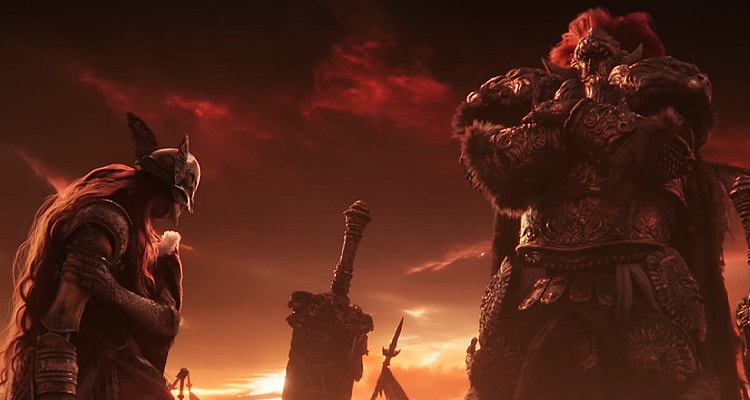
Hidetaka Miyazaki, creator of the Souls series and director of Elden Ring, recently provided some insight into the design philosophy behind FromSoftware’s notoriously difficult games, reiterating that the developer make their titles hard so that players can enjoy the challenge of overcoming them.

Miyazaki touched upon the subject during a recent interview with PlayStation given in promotion of FromSoftware’s upcoming George R.R. Martin collaboration Elden Ring, which recently experienced a Closed Network Test and is on its “final stretch” before release.
The esteemed director began by noting that the reactions to Elden Ring’s Closed Network Test were “relatively good,” though he admitted he typically received “filtered feedback […] so I get to look from a more holistic view,” rather than “scary” raw user reactions.
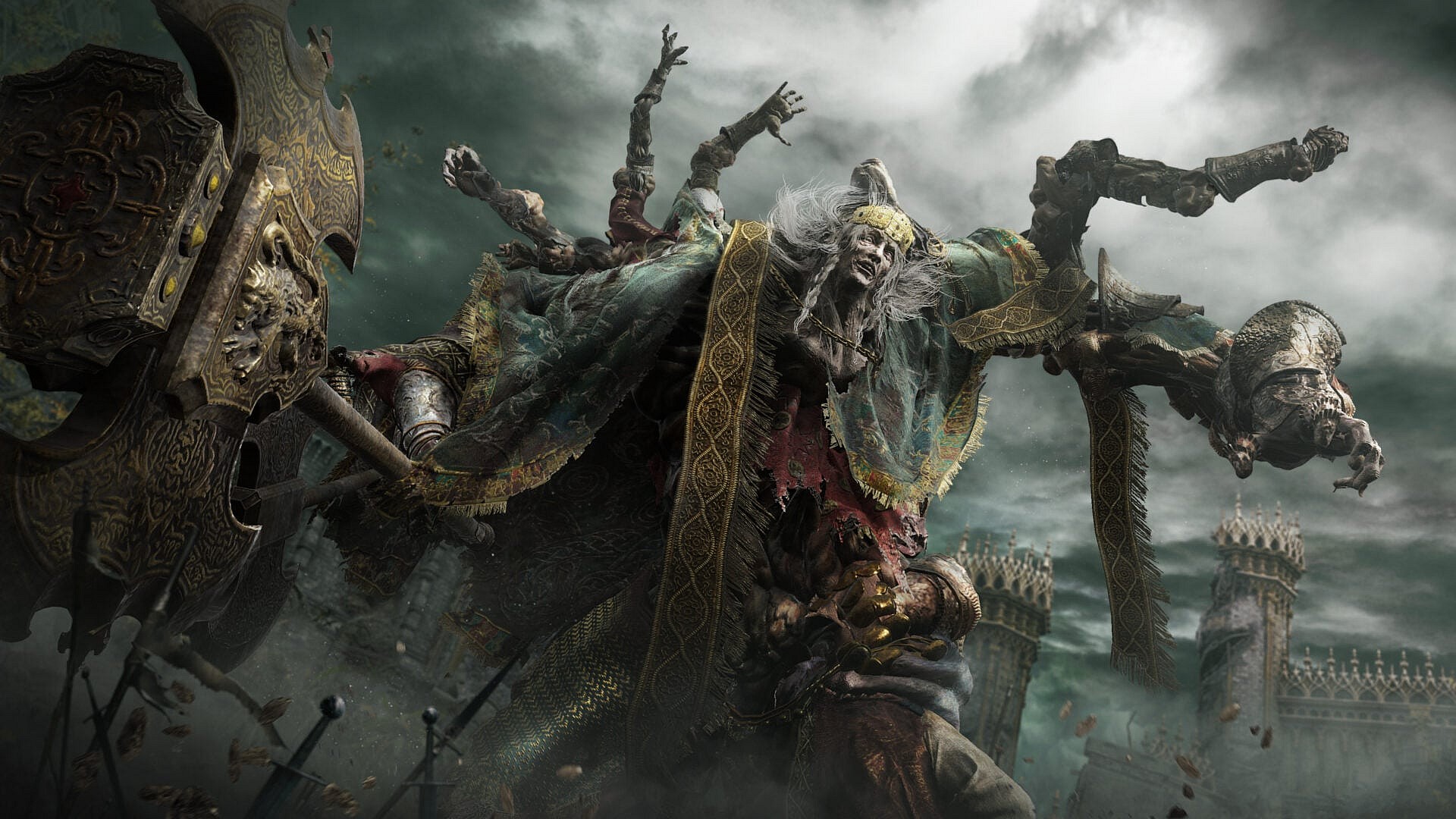
“As to what was particularly valuable, we mostly found things that we tend to take for granted as game developers and might consider obvious,” Miyazaki continued. “Stuff that the users found difficult to figure out or didn’t gel with them immediately were helpful pieces of feedback.”
He further explained, “For instance, regarding the new summon pool mechanic, users can place their signs and have them collected into a group of available players to summon. Things like this weren’t immediately apparent to players, so this sort of feedback was beneficial in fine-tuning these features.”

RELATED RUMOR: FromSoftware Developing New Armored Core Game, Alleged Screenshots Leaked
Next asked if there was one specific element about the game he wanted to ensure would not be overlooked by either fans or the press, Miyazaki explained there wasn’t, as he only wished for players to both “feel the importance of the level of freedom that we’re focusing on this time,” and “enjoy the game in their own way and feel liberated in this new open world that they can explore at their own pace. ”
Miyazaki added that he wants players to “try and steer clear of spoilers or guides and go in with a completely fresh, open mind and enjoy that initial sense of adventure,” as “that’s how we’d want to experience the game if we were going into it for the first time. And that’s how we hope our players can experience the game comfortably at their own pace with this new sense of wonder.”

When asked for advise for new players, Miyazaki said he’d like new players “to feel unpressured and that they can approach the game at their pace,” refraining from suggesting any specific playstyle or route in order to to further enforce the aforementioned sense of freedom.
“I realize that while we offer games with a high level of challenge, we design them in a way that feels fulfilling to overcome,” he elaborated. “But I don’t want new players to worry or stress about that difficulty too much.”
“This time in Elden Ring, we have many options at the player’s disposal to confront challenging situations and use their cunning to outsmart enemies and bosses,” he continued. “They can come back to something later when they’re at an impasse so that they can have this freedom of progression and not have to bang their head against a wall over and over. They can figure out what to do and how to approach it again, at their own pace.”
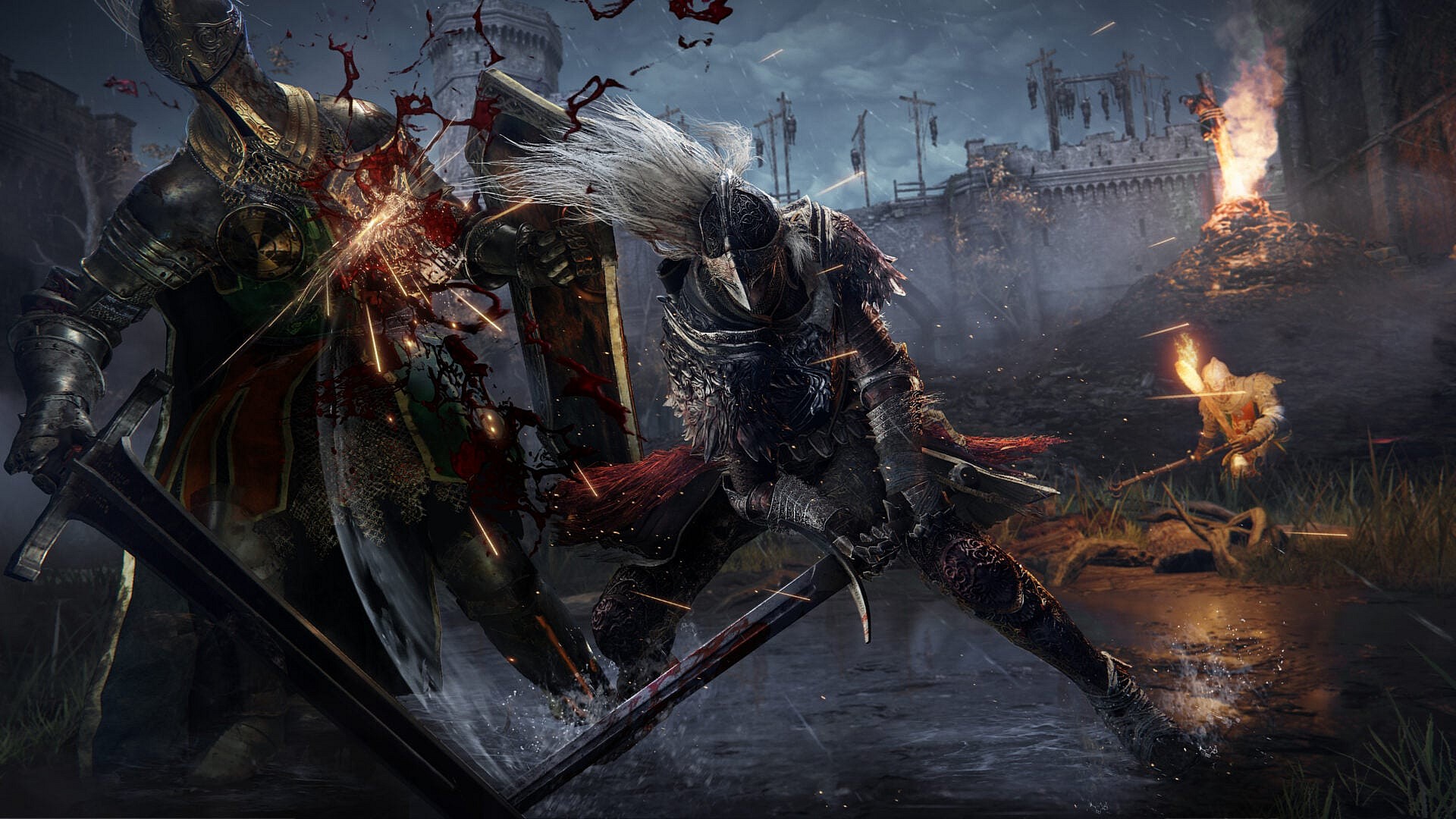
Likewise, on the subject of starting classes, Miyazaki recommended that players “approach it however they like and choose whichever looks the coolest to them,” though he did caution “against choosing the naked one (known as the Wretch).
“As before, it’s probably the most difficult starting class!” he jovially warned.

The director was then asked how his team’s awareness of “the ongoing discourse around game difficulty and accessibility” impacted Elden Ring’s development, to which Miyazaki replied, “It’s a valid discussion. I feel like our approach to these games, not just Elden Ring, is to design them to encourage the player to overcome adversity.”
“We don’t try to force difficulty or make things hard for the sake of it,” he explained. “We want players to use their cunning, study the game, memorize what’s happening, and learn from their mistakes. We don’t want players to feel like the game is unfairly punishing, but rather that there’s a chance to win a difficult encounter and make progress.”
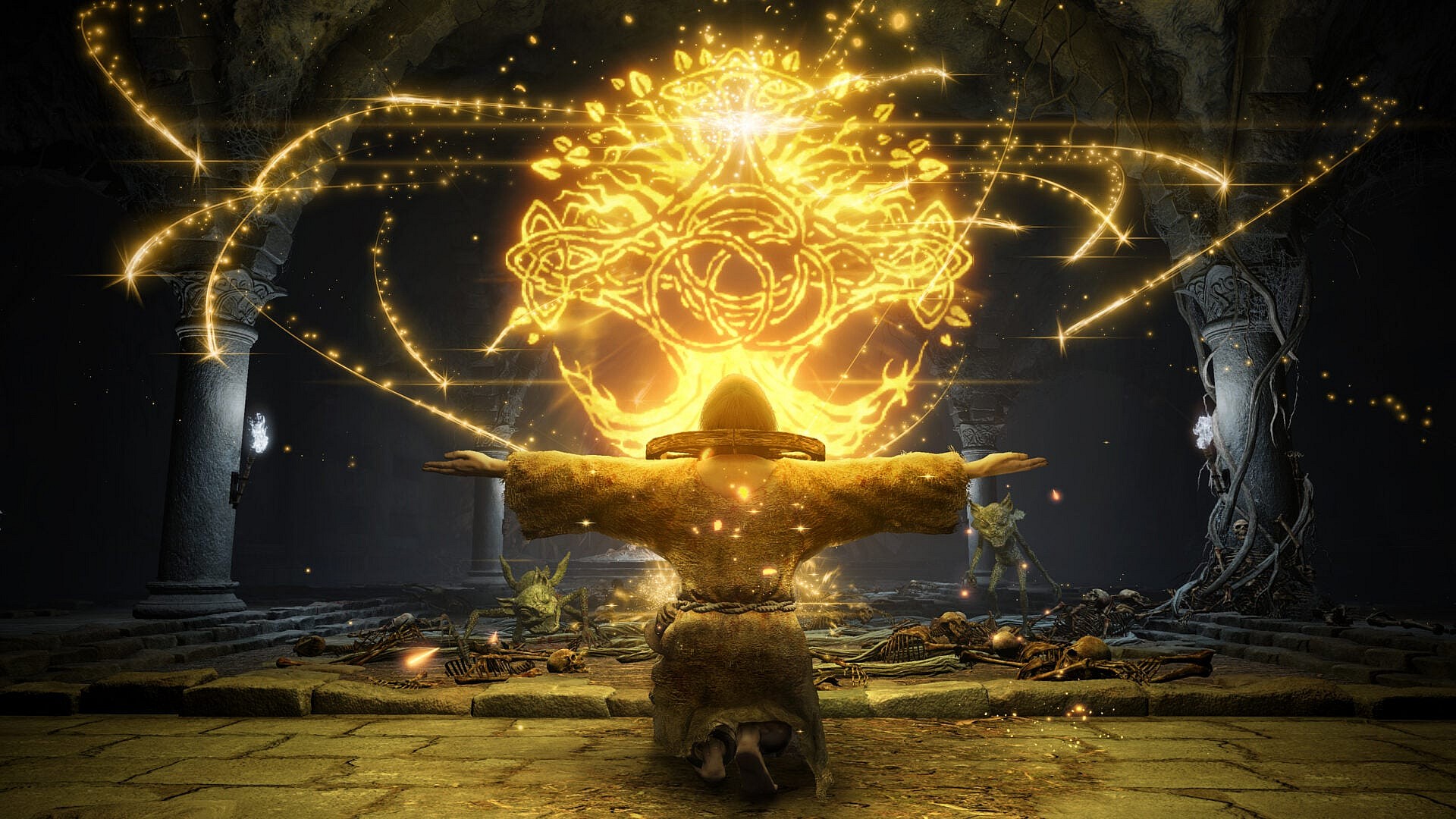
“We understand that Souls-like games are regularly associated with impossible levels of difficulty with high barriers to entry,” he admitted. “But we try to design the games to make the cycle of repeatedly trying to overcome these challenges enjoyable in itself. So we hope that with Elden Ring and the new options it provides, it will be a success in that respect.”
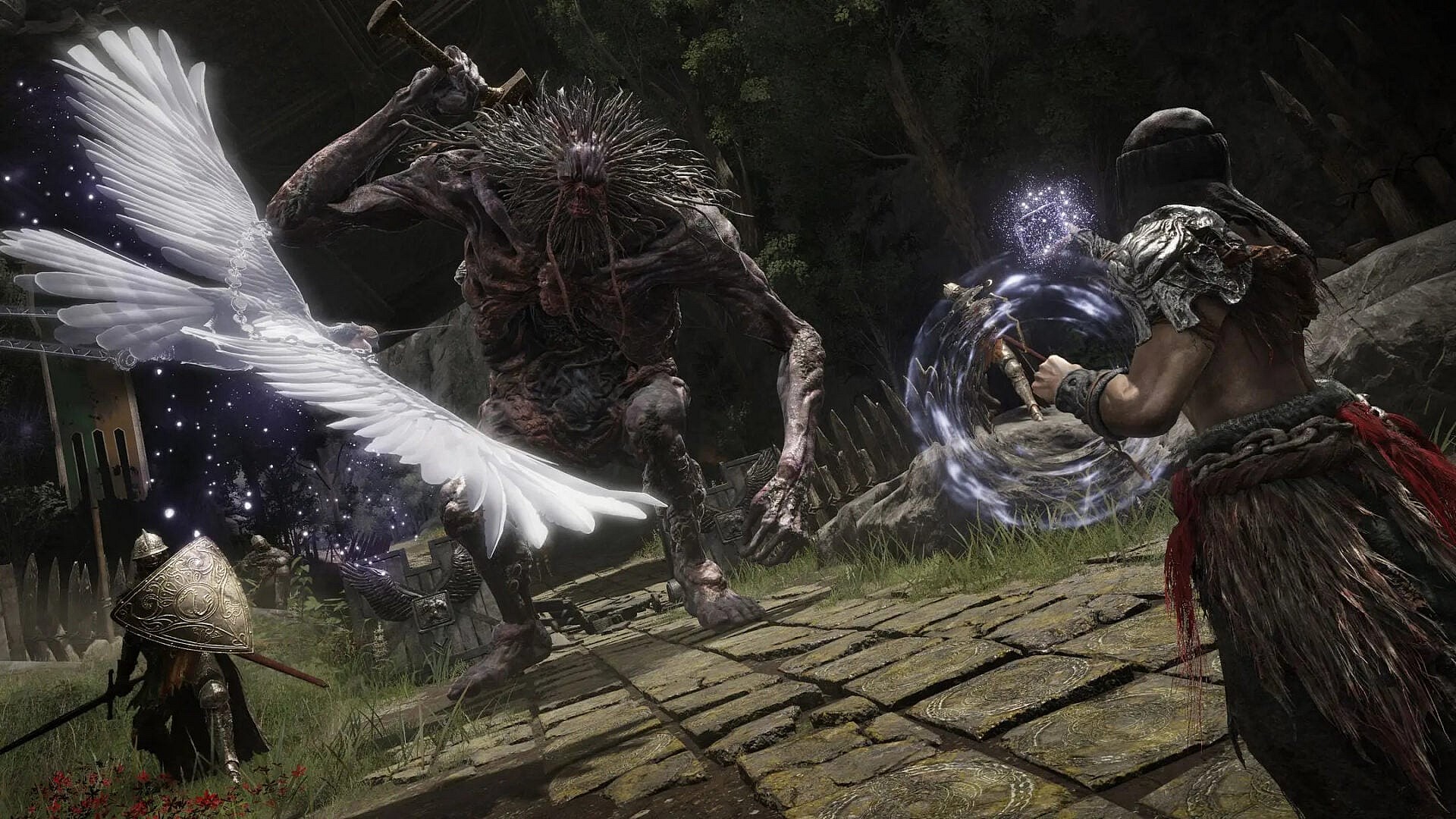
As for Elden Ring, Miyazaki stated that though FromSoftware had “not intentionally tried to lower the game’s difficulty,” he believed “more players will finish it this time,” thanks to “the player’s level of freedom to progress through the world or return to a challenge later”, which he feels “will help people get through the game at a more leisurely pace.”
“Also, there isn’t a focus on pure action. The player has more agency to dictate their approach against, for example, the field bosses in the overworld and how they utilize stealth in various situations,” he said. “We’ve even reduced the number of hoops that you have to jump through to enjoy it in multiplayer. So we hope the players embrace that idea of receiving help from others. And we feel like the overall clear rate will go up this time because of these things.
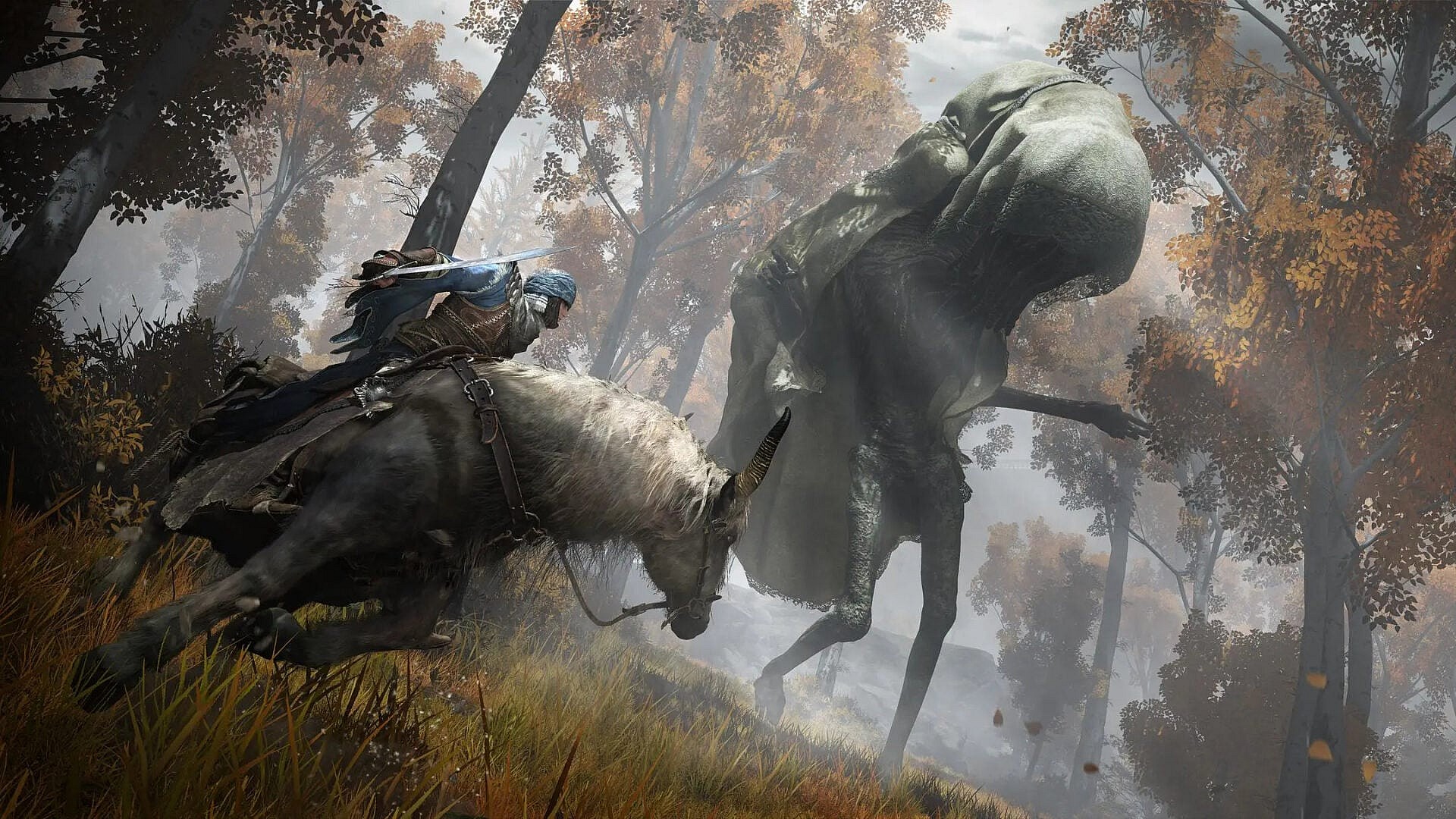
RELATED: Kotaku Editor Chris Kohler Gets Roasted After Whining About Final Fantasy VII Remake’s Difficulty
Game difficulty has been a talking point in video games in some times, with some taking issue with how the noted dumbing down and hand-holding of contemporary games produced for wider audiences are a far cry from the challenges offered by the difficulty of older titles
The discussion arguably took off in earnest with the launch of Demon’s Souls in 2009, whose hard-hitting foes were swift and the traps in its dungeons hard to see.
As such, players had to act with caution, as dying meant that not only would all their Souls (or currency) be dropped where they died, but they would have only one chance to recover them, as another death would see their loot lost forever.
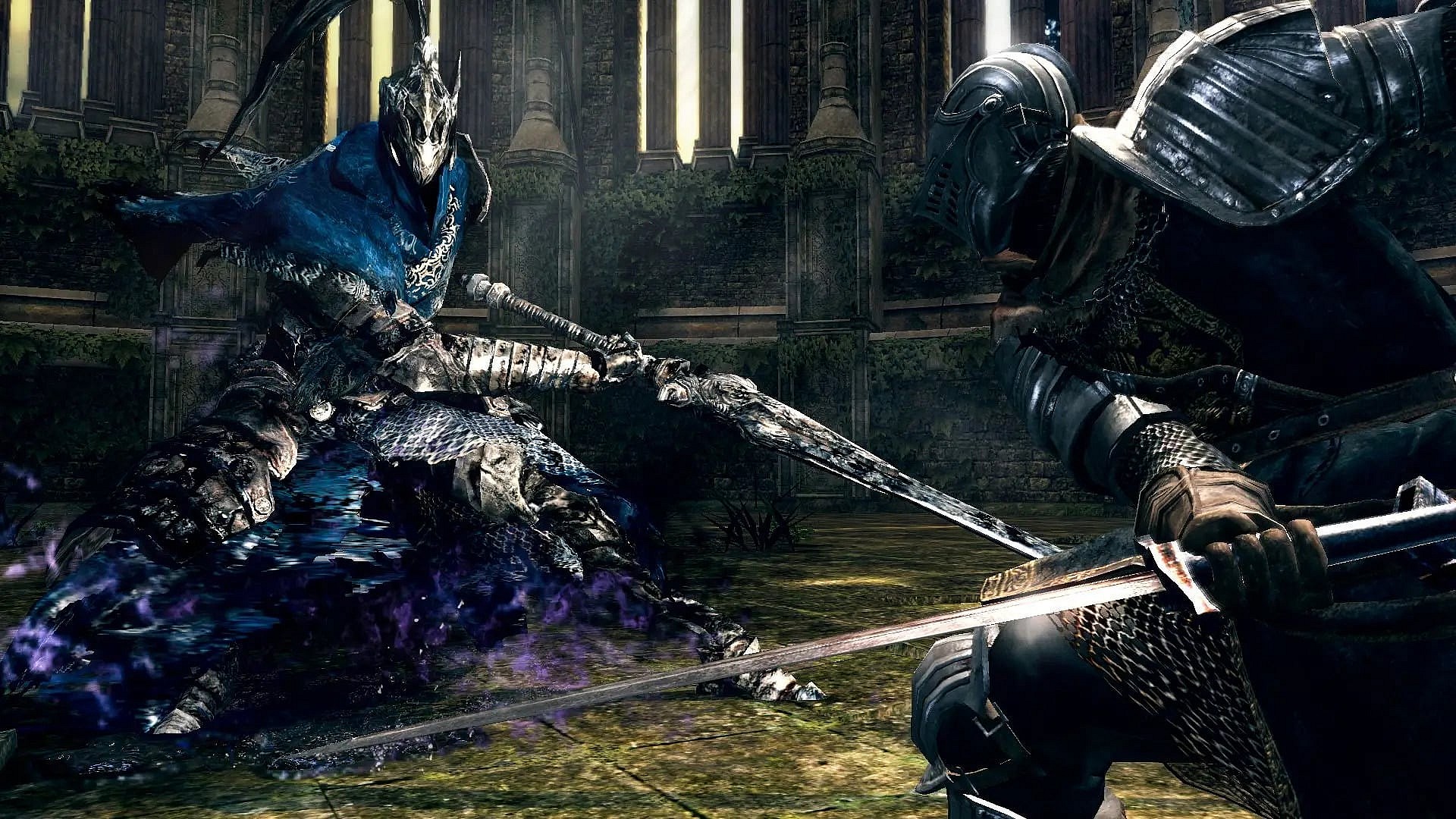
RELATED: Eurogamer Writer Vikki Blake Compares Wheel Chair Accessibility to Video Game Difficulty
Around this time, and with the launch of subsequent titles like Dark Souls and Bloodborne, some journalists proposed that games that were too difficult were excluding- especially to those with physical ailments [1, 2].
Apart from confusing accessibility – the issue of being able to make the game react as you intend – with challenge – the working out of which specific reactions will result in progress – game journalist’s own insistence on this point led to some feeling these individuals had ulterior motives behind their calls for making games easier.

Speculation included a desire to review games more easily and quickly or appear as a guiding light of inclusivity to the industry at-large.
In any case, such calls for a lowered standard of difficult in gaming were undermined by the skills, or lack thereof, of those same players who made them.
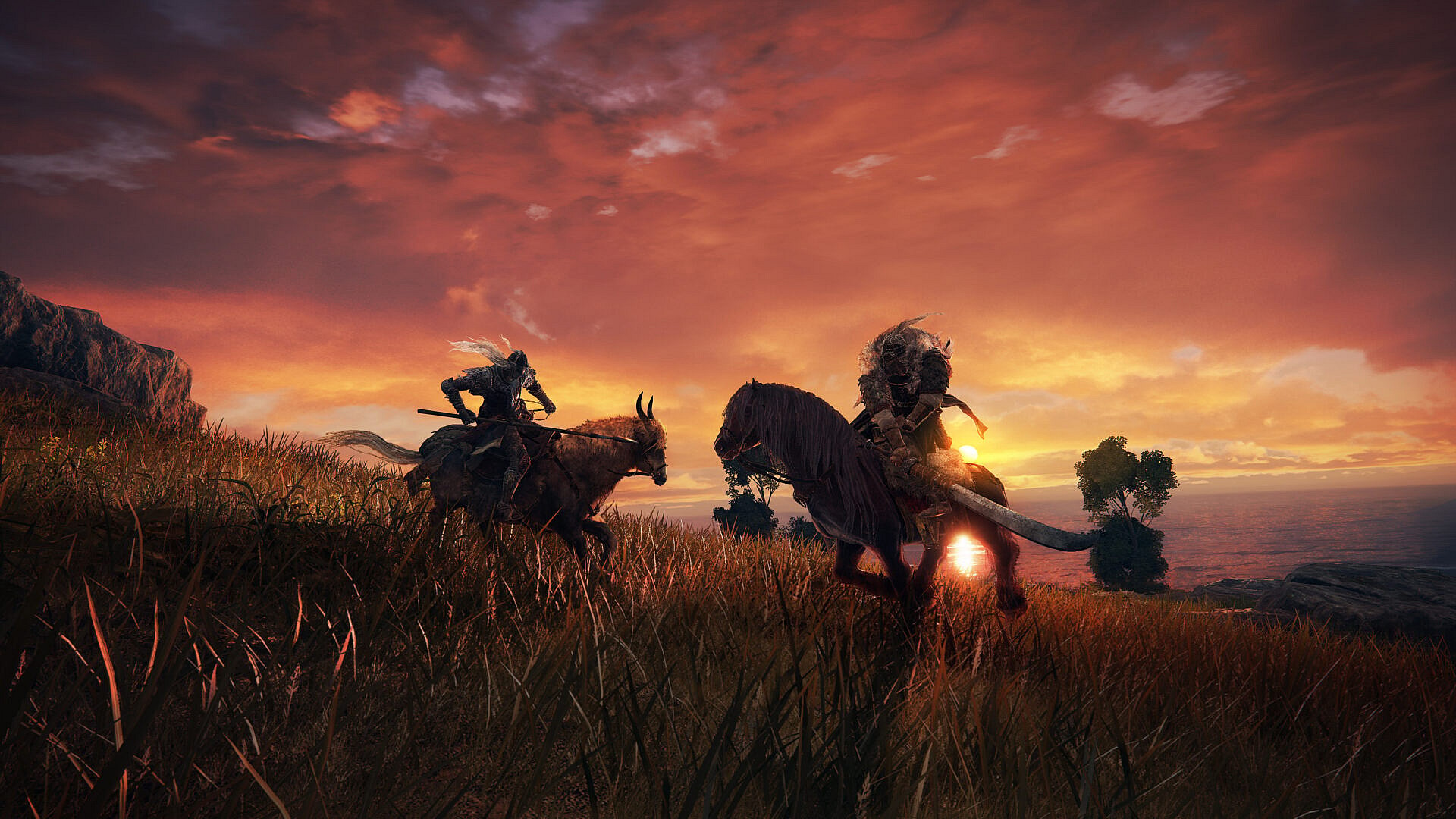
PC Gamer journalist James Davenport admitted to using mods to beat Sekiro’s final boss, which led to his widespread mockery, with even memes being created surrounding the situation.
. VentureBeat’s Dean Takahashi struggled to complete even the tutorial for Cuphead’s demo, and struggled thereafter. As such, debates on game difficulty are usually undercut with whether those vouching for easier games are struggling to beat them themselves.
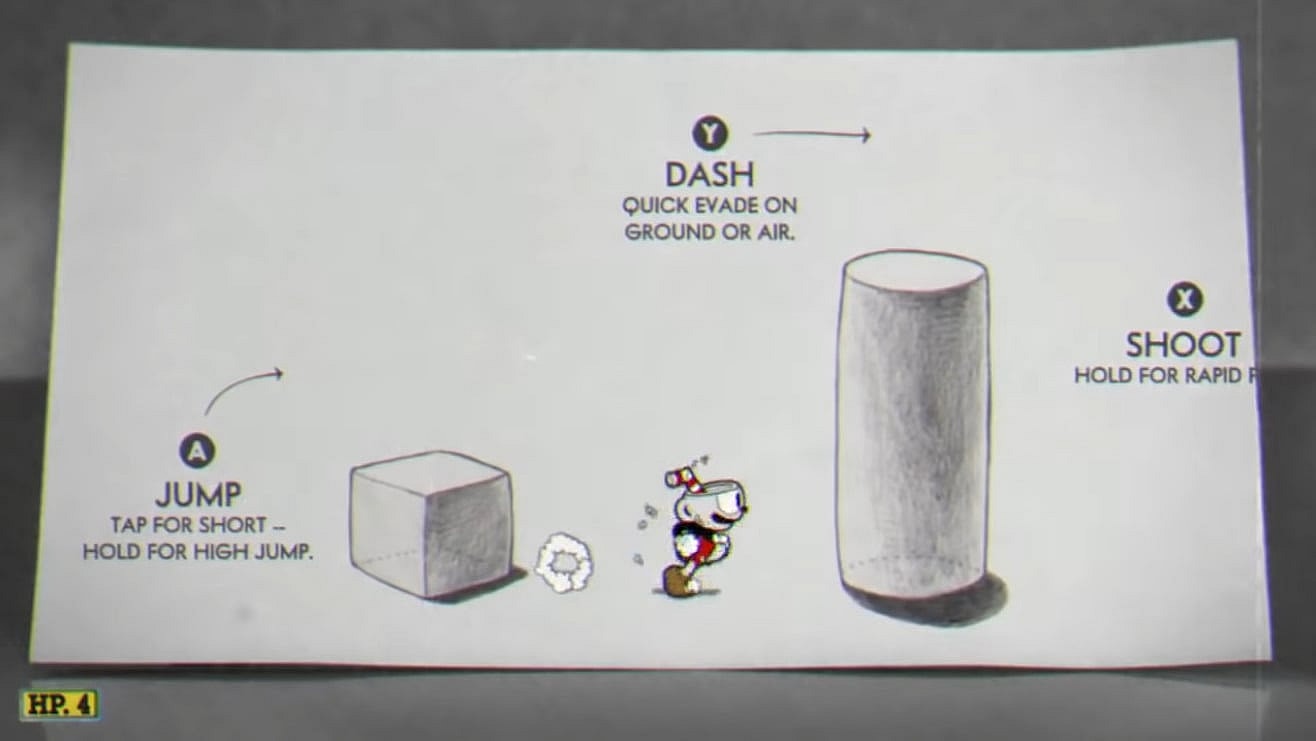
Is Elden Ring’s freedom of choice in solving challenges and even approaching them something you’re looking forward to? What’s your stance on what makes a game challenging or inaccessible? Let us know on social media and in the comments below!
NEXT: EA/DICE Blames Battlefield V Difficulty For Players Not Playing The Game
